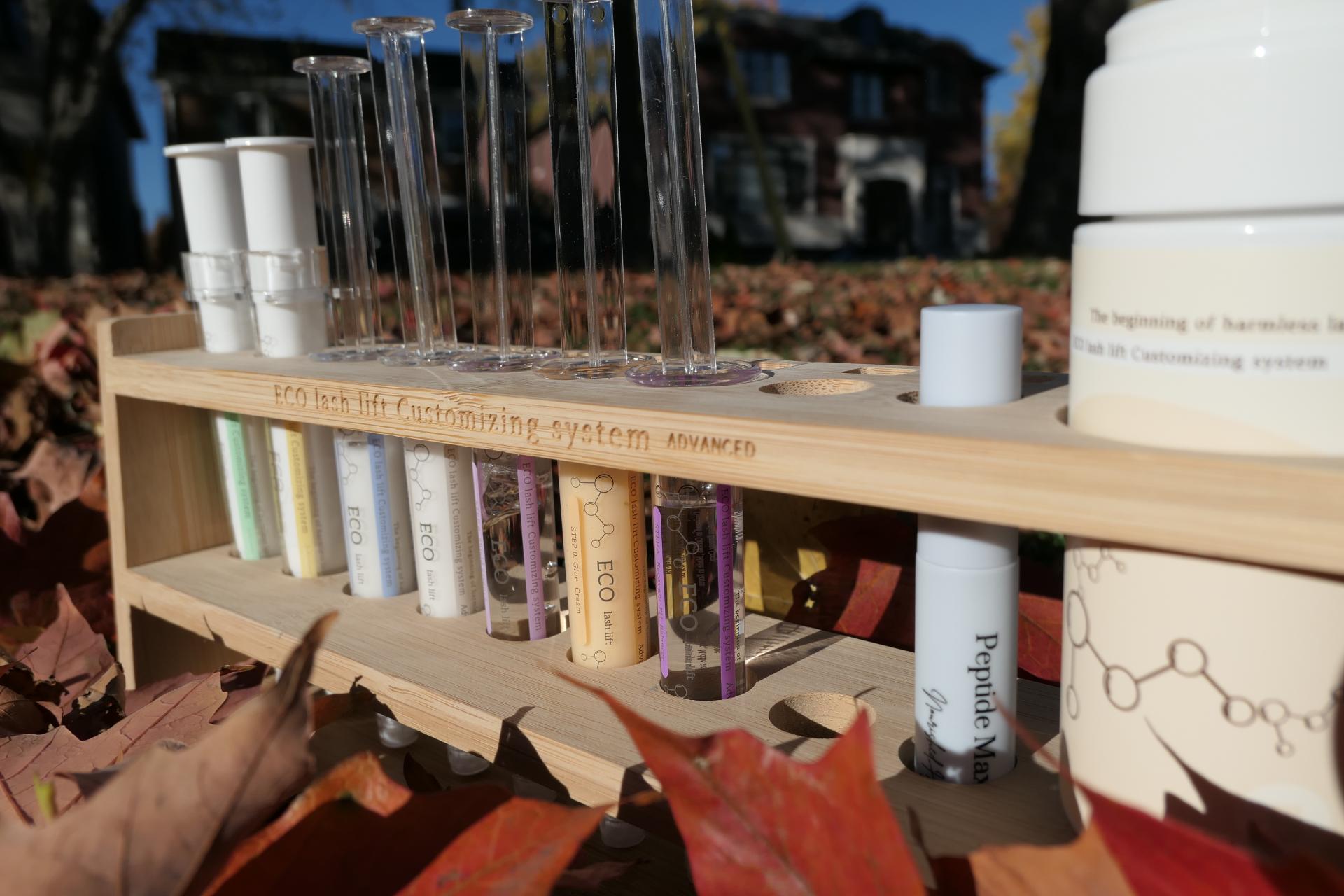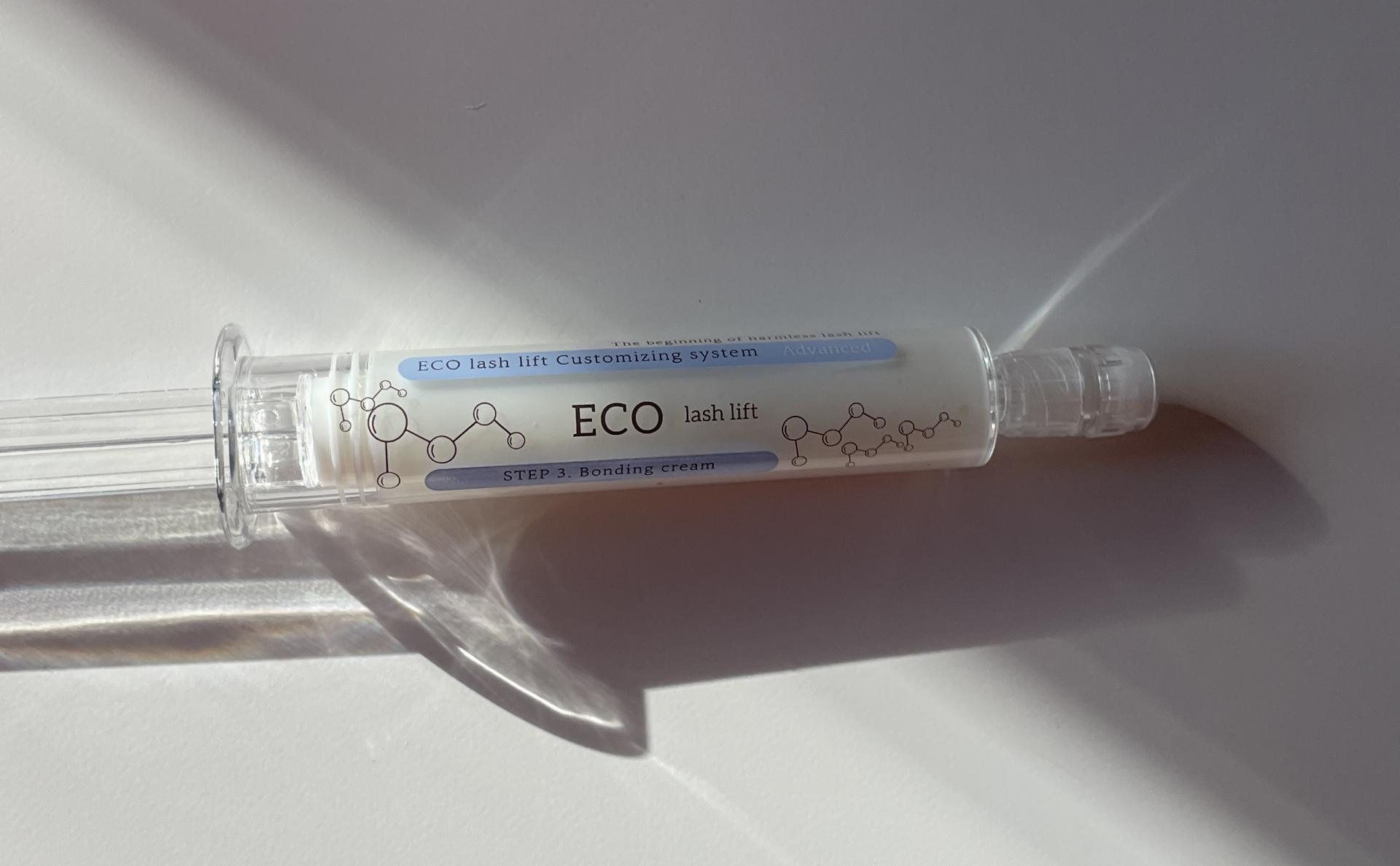"Why You Should Consume Vegan Cosmetics"

Vegan cosmetics, including our ElysiaLab2.0 brand, are gaining attention as sustainable and animal-friendly beauty options. Some readers may be skeptical, wondering, "Do our everyday cosmetics really contain animal ingredients?" Many well-known brands indeed use animal-derived raw materials to create their products, as these ingredients are readily available and cost-effective.
However, as societal awareness of environmental issues and animal welfare grows, consumers are making conscious efforts to make better choices in their beauty routines. Just as vegan food has become popular in the market, people are increasingly interested in shopping for products that are vegan. If you are already reading this, you likely have some interest in vegan consumption or may be curious about what makes cosmetics vegan. Let's explore the reasons for creating and consuming vegan beauty products.

What are Vegan Cosmetics?
Vegan cosmetics refer to products that use plant-based ingredients instead of animal-derived ones. For instance, they can be manufactured using plant-based ingredients such as avocado oil, coconut oil, aloe vera, and chamomile, in place of animal-derived components. This choice not only respects animal welfare but also has a natural and healthy impact on the skin while being environmentally friendly.
Vegan products and cruelty-free products (those not tested on animals) are not synonymous. While we do not conduct animal testing to create fully vegan products, these two concepts are distinct in the market. More details about cruelty-free cosmetics can be found in our next blog post.
How are Vegan Cosmetics Different?
In reality, using animal-derived ingredients does not always harm animals, and whether using plant-based or animal-derived ingredients, there's an unavoidable negative impact on the Earth. The cosmetics industry's impact on the planet is substantial, contributing to ecological disturbances. However, this is where we make choices. When faced with unavoidable paths, we contemplate ways to minimize damage. We believe that choosing vegan cosmetics is one such way. According to research from Oxford University, adopting a vegan lifestyle can potentially reduce our carbon footprint by up to 73%. Ultimately, when you choose vegan products, it signifies a conscientious concern for the impact on the environment by the diverse life forms sharing this planet, implying a wiser choice.

If you're concerned that plant-based ingredients might not deliver results as effectively as traditional ones, we confidently assert that vegan ingredients can be equally effective in skincare and makeup. This is because cosmetic manufacturers adeptly identify and utilize plant-based ingredients suitable for various skin types and desired outcomes.
Key Vegan Alternatives in Cosmetics
-
Collagen
Animal-Derived: Collagen extracted from pigskin or cattle bones is commonly used to enhance skin elasticity.
Alternative: Plant-based ingredients like seaweed extracts offer collagen-like effects, considered an eco-friendly choice.
-
Stearic Acid
Animal-Derived: Stearic acid derived from pig fat is a crucial ingredient in cosmetics.
Alternative: Plant-based alternatives like coconut oil or plant-derived stearic acid provide similar functionality while being animal-friendly
-
Lanolin
Animal-Derived: Lanolin, extracted from sheep's wool, is used for skin moisturization.
Alternative: Cashew nut oil or olive oil serves as an effective substitute, nurturing the skin while being cruelty-free.
-
Veil base
Animal-Derived: Wool wax and lanolin from sheep's wool are commonly used in veil base.
Alternative: Plant-based ingredients like cashew nut oil or coconut oil offer a soft application and maintain moisturization.
These plant-based alternatives are recognized as animal-friendly and sustainable choices in the cosmetics industry. This reflects a significant trend where consumers consider more options and ethical criteria when choosing beauty products.

